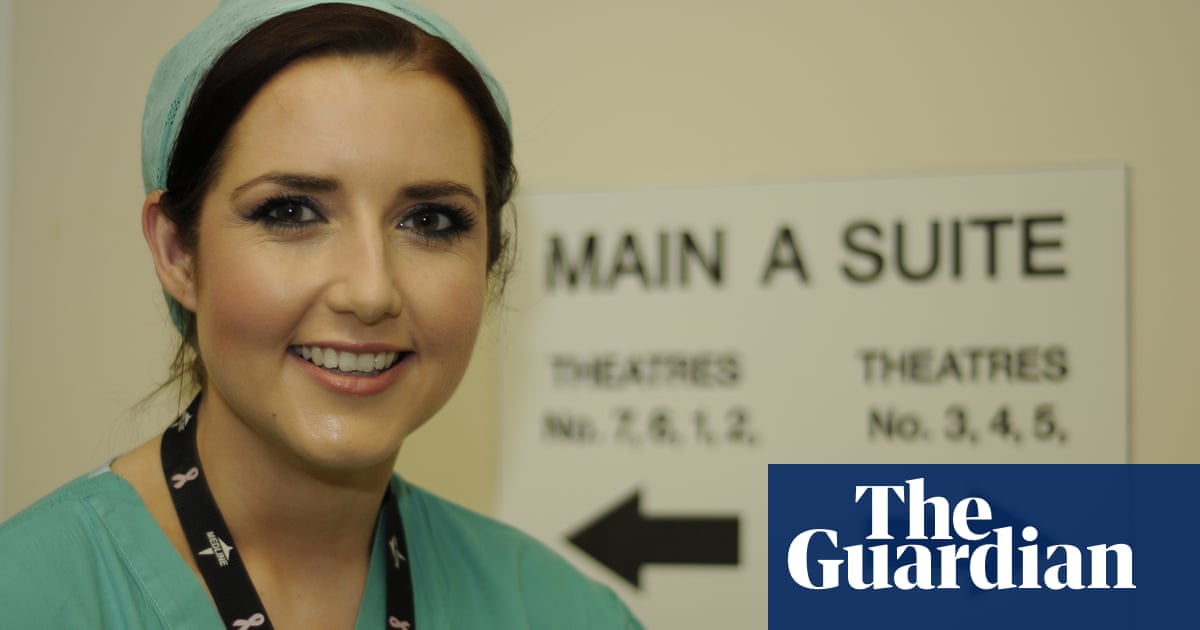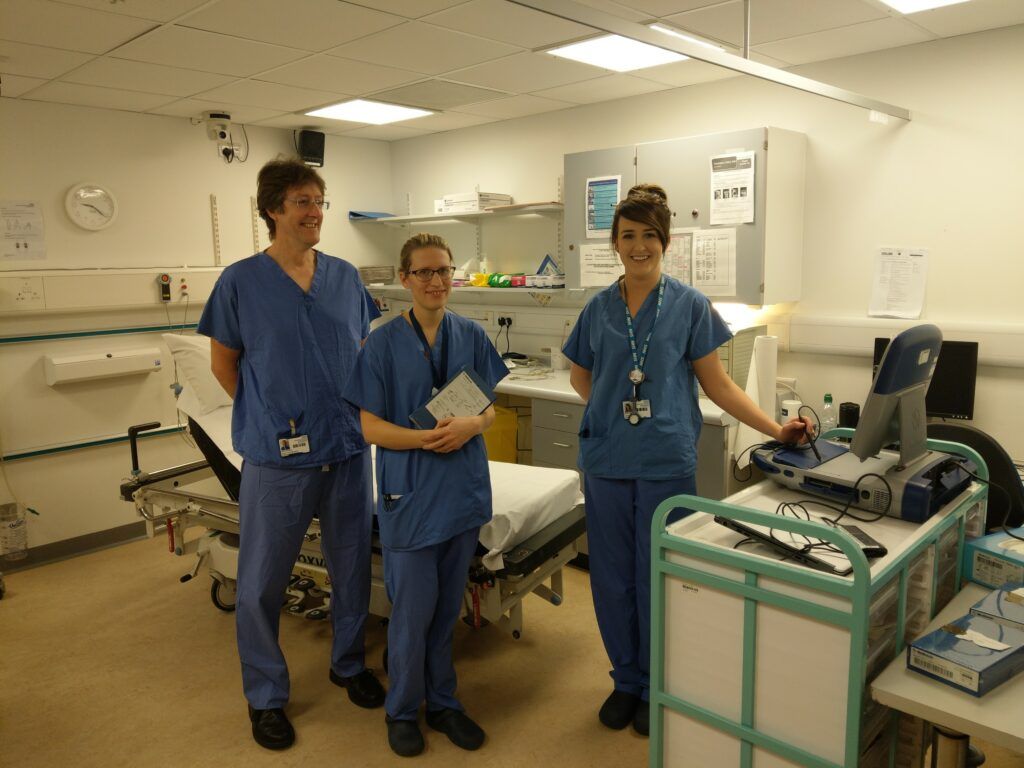- Joined
- Jun 26, 2008
- Messages
- 1,326
- Reaction score
- 2,096
It is also a matter of efficiency. I need an assistant when I’m doing a robotic case. My partners and I often assist for each other. This is fun, but a huge loss of productivity. My partner may bill 4 RVUs for a 3-4 hour case when instead they could have seen 15 patients in clinic. If I had a well trained PA for that purpose I would happily use him or her and a program that trains PAs to be good first assistants is fine by me.
Efficiency is fine. I use PAs for my bedside assist on robotic cases and think using a physician as an assist for most robotic cases isn't needed.
A well trained PA is fine but the program in question talks about teaching intracorporeal knot tying. Not sure why this would be the case.
And knot tying is even easier robotically than with conventional laparoscopy.
The main thing I have an issue with is scope creep. It starts off small but can get out of control quickly.
I know certain specialists feel they are immune to mid level encroachment due to the complexity of operating in general.
But I would say the same thing about anesthesia. Intubation, spinals, epidurals, etc are still complex procedures in my eyes but CRNAs are doing all of these things.
Physicians cannot continue to give up turf. It hurts the profession.



